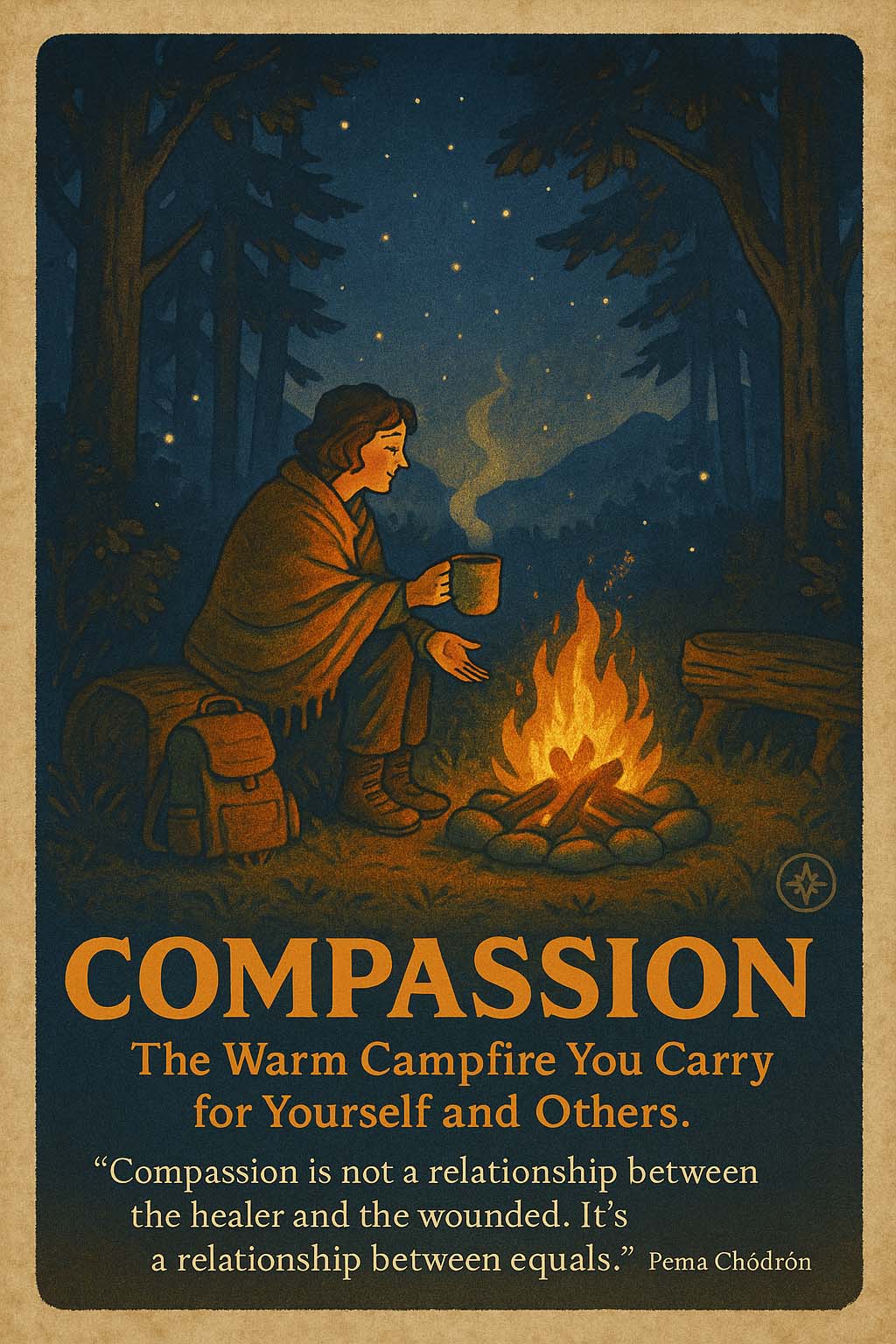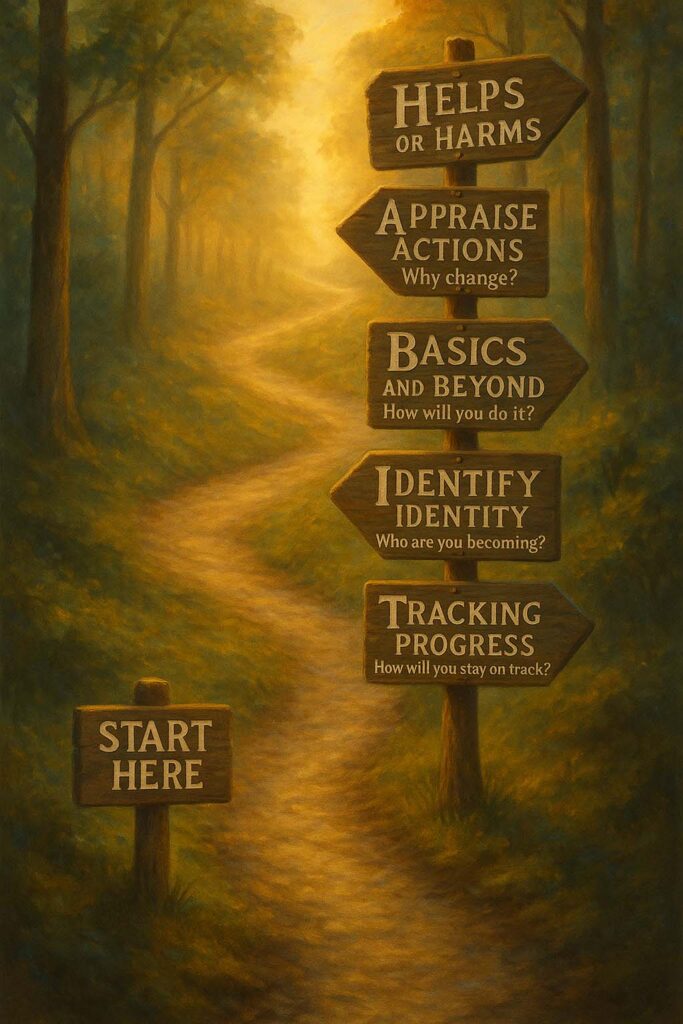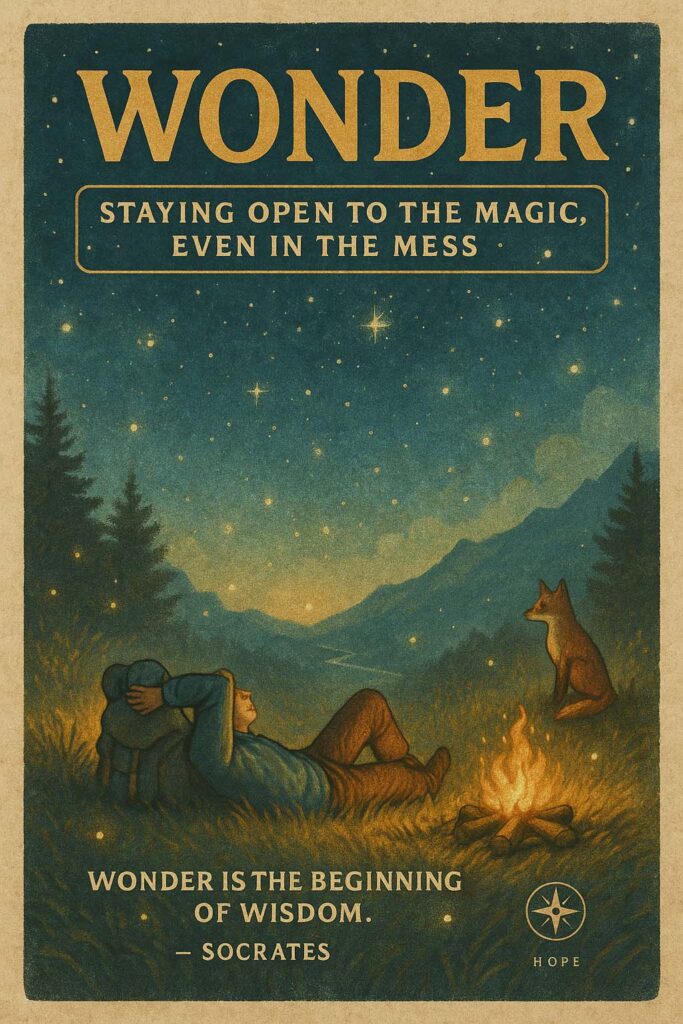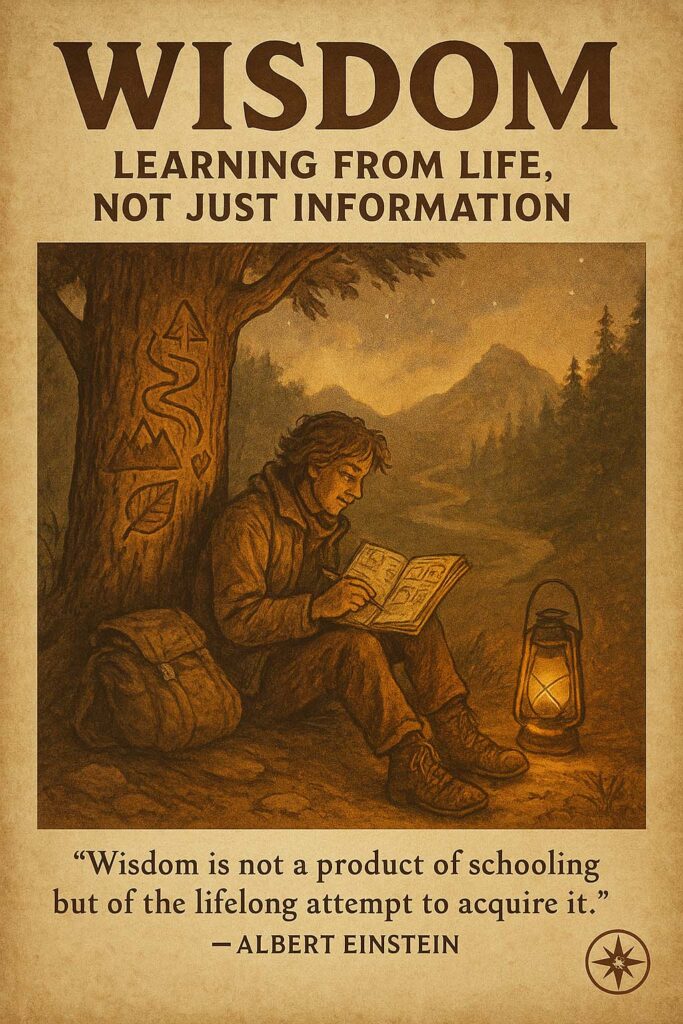
💗 COMPASSION
“Compassion is not a relationship between the healer and the wounded. It’s a relationship between equals.” – Pema Chödrön
Compassion is the inner campfire—soft, steady, and life-giving. In the ADHD terrain, where frustration, self-criticism, and missed expectations often follow close behind us, compassion is not just nice to have—it’s essential.
People with ADHD frequently judge themselves harshly for things beyond their control: forgetting appointments, emotional outbursts, not completing tasks “on time.” We internalize these stumbles as character flaws, not neurological realities. Compassion interrupts that story. It says, “This is hard—and you’re still worthy.”
Compassion is also how we hold others—especially when their struggles mirror our own. It’s the tool that turns shame into solidarity, and isolation into connection. When we respond to ourselves and others with warmth instead of critique, we create the psychological safety needed for real change.
Living with compassion doesn’t mean lowering standards or letting ourselves off the hook. It means holding ourselves with kindness as we grow. It’s about shifting from “What’s wrong with me?” to “What’s hurting here—and how can I respond gently?”
This value becomes a powerful antidote to burnout. It reminds us that growth doesn’t come from whipping ourselves into action, but from tending to the parts of us that are tired, scared, or stuck.
🧭 The HOPE Trail Map
- Helps or Harms: Is this inner voice helping me move forward—or making me afraid to try again?
- Own My Values: I want to be someone who meets mistakes with understanding, not punishment.
- People and Pursuits: Who models compassion for me—and how do they do it? What pursuits feel like gentle nourishment rather than pressure?
- Enact and Evaluate: Today, I’ll name one mistake or struggle—and respond to it like I would to a friend.
⚠️ Trail Challenges
- Many ADHDers internalize years of criticism, making self-kindness feel foreign.
- Perfectionism can convince us compassion is “letting ourselves off the hook.”
- Fear of judgment makes it hard to ask for compassion from others.
🪧 Trail Markers: Small Steps Toward Compassion
- Write a “note to self” after a hard moment: “That was rough—and I’m still doing my best.”
- Practice self-touch: a hand on your heart or a gentle squeeze of your own hand.
- Say aloud: “Of course this is hard right now. It makes sense.”
🔥 Campfire Questions for Reflection
- When was the last time I treated myself with true kindness?
- What messages about compassion did I learn growing up—and which ones no longer serve me?
- How might my growth change if it was fueled by care, not critique?
Compassion doesn’t mean you stop walking the trail. It means you carry warmth with you—so when the night falls, you don’t freeze in your own judgment.



